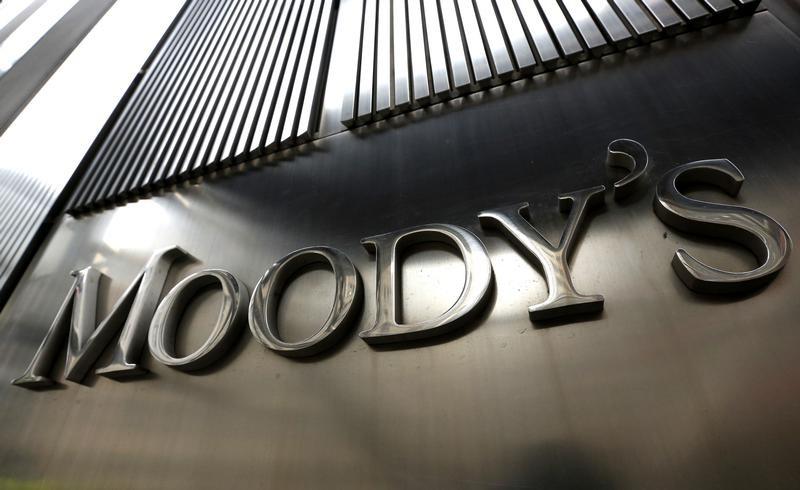Moody's Developing Scoring System to Evaluate Reliability of Stablecoins

A mechanism to assess the stability and dependability of up to 20 stablecoins is being developed by Moody's, a primary provider of credit ratings for publicly traded corporations. However, according to a Bloomberg article, the project is still in its early phases and won't give formal credit ratings.
Stablecoins' backing by sufficient assets reserves has long been debated in the cryptocurrency community. As a result, if investors have committed a significant amount of money into a stablecoin, there should be a commensurate reserve of assets to back it up. Stablecoins are designed to closely mirror the value of a specific asset, frequently the U.S. dollar.
Tether's USDT, one of the biggest stablecoins, has been criticized for years on claims that its backing is insufficient. After the New York State Attorney General determined that Tether had falsely represented that its stablecoin was completely backed 1-to-1 by U.S. dollars, the company was ordered to pay $18.5 million in penalties in 2021.
This move by Moody's is consistent with the rising popularity of stablecoins as a class of asset in the cryptocurrency market. Stablecoins are predicted to be less volatile than other forms of cryptocurrencies because they are typically tethered to a national fiat currency like the U.S. dollar or another financial asset like gold.
Investors must have access to correct information regarding the stability and dependability of various stablecoin products as the cryptocurrency market develops and matures. Even in its early phases, Moody's scoring system development is a positive step toward assuring the responsible expansion and development of the stablecoin market.

